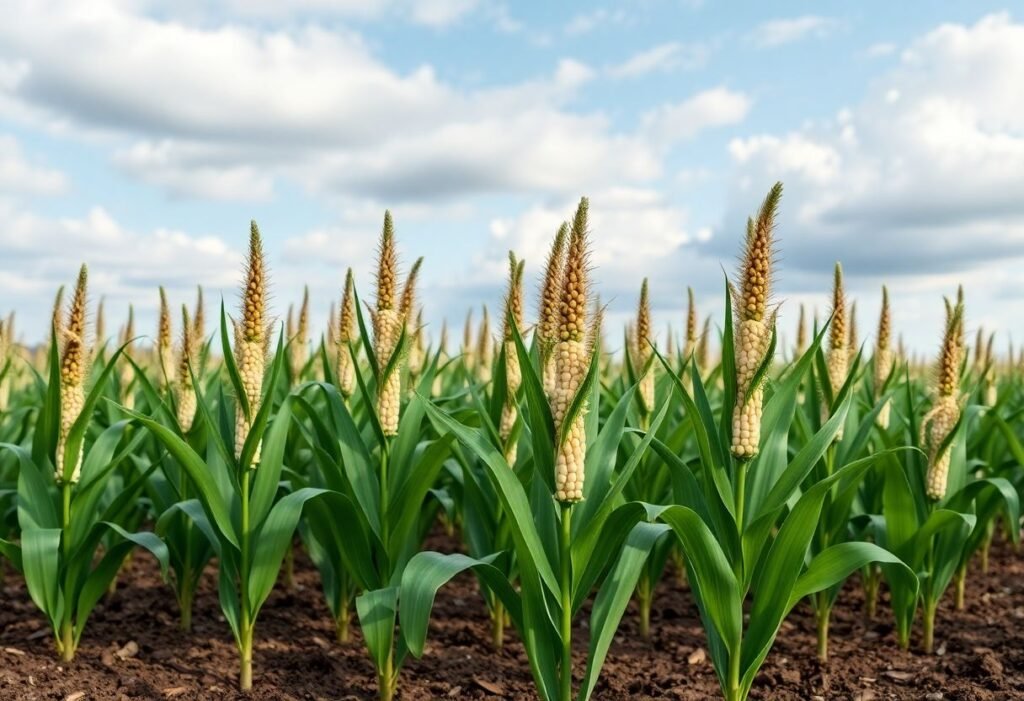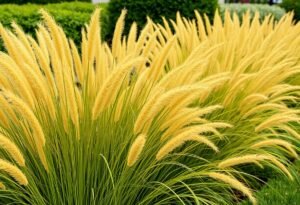Types of Fertilizers for Corn
Fertilizer for corn plants can come in various forms, and each type serves its unique purpose. The most common fertilizers include nitrogen-based, phosphorus-rich, and potassium-heavy options. Nitrogen fertilizers are especially vital during the early stages of growth as they encourage lush foliage. However, some gardeners prefer organic fertilizers, made from natural sources, which not only provide nutrients but also enhance soil health, promoting the optimal uptake of nutrients by corn roots.
The Importance of Fertilizer for Corn Plants
The role of fertilizer for corn plants cannot be overstated. Soil often lacks crucial nutrients, and without the right fertilization, plants suffer from deficiencies that stifle growth. Well-nourished corn plants exhibit greater resilience to diseases and pests, and they deliver richer, sweeter kernels. Strong roots combined with the right fertilizer ensure that your corn crop can withstand varying weather conditions and produce excellent yields.
How to Apply Fertilizer for Corn Plants
Proper application of fertilizer for corn plants is essential for achieving the intended benefits. Conducting a soil test is a wise first step to determine nutrient levels and deficiencies. Depending on the results, you can adjust fertilizer types and quantities to meet your corn’s specific needs. Typically, fertilization occurs before planting as well as in stages as the plants develop, optimizing nutrient availability during crucial growth periods.
When is the Best Time for Corn Fertilization?
Timing is crucial when it comes to fertilizer for corn plants. Fertilizing at the right moment can dramatically impact your crop’s performance. Early in the growth process, when corn plants are developing their root systems, is particularly important. Another critical fertilization phase occurs during the leaf development stage, as strong leaves can effectively capture sunlight and moisture, crucial for growth and yield.
What Should an Ideal Corn Fertilizer Contain?
An ideal fertilizer for corn plants should contain an appropriate balance of nitrogen, phosphorus, and potassium. Many formulations on the market also include essential micronutrients like magnesium, manganese, and zinc, which play vital roles in the overall health and productivity of your corn plants. Be sure to read labels and seek out fertilizers designed explicitly for corn for optimal results.
Tips for Beginning Corn Growers
For novice corn growers, the journey can be both exciting and daunting. Don’t hesitate to experiment with different types of fertilizers to see what works best for your specific conditions. Observing your plants’ reactions to various inputs will help you hone your skills and make better choices for future planting seasons. Also, regular monitoring of soil pH and moisture levels can greatly aid in selecting the appropriate fertilizer for your corn.
Conclusion
Choosing the right fertilizer for corn plants is a step toward achieving bumper crops. By understanding the nutritional needs and applying the right products, you can cultivate healthy, vibrant corn that brings bountiful rewards. Remember, the path to successful corn farming lies in nurturing the soil, practicing good fertilization habits, and continual learning. Set yourself on a path to success by leveraging knowledge and best practices in your corn cultivation efforts.
Disclaimer
This article is for informational purposes only. Always consult an expert or agricultural advisor before making decisions regarding fertilizer selection.

















